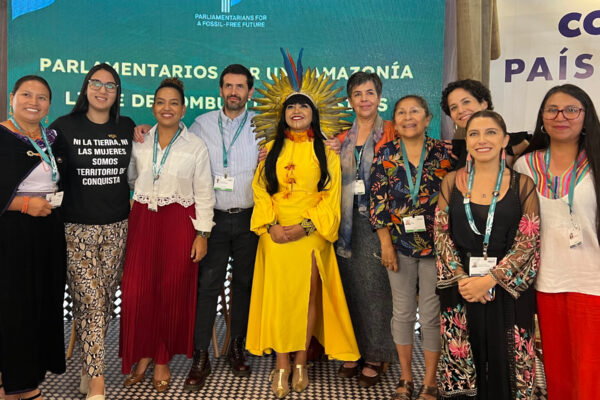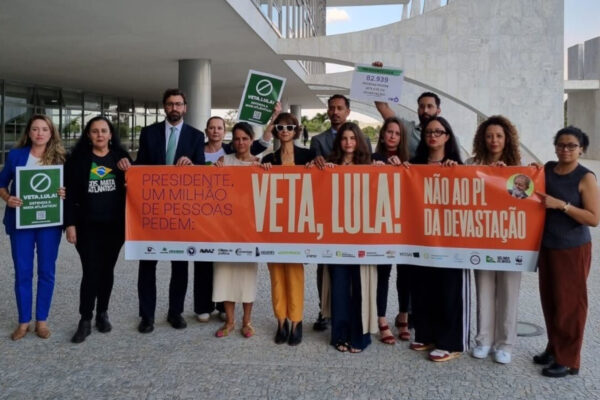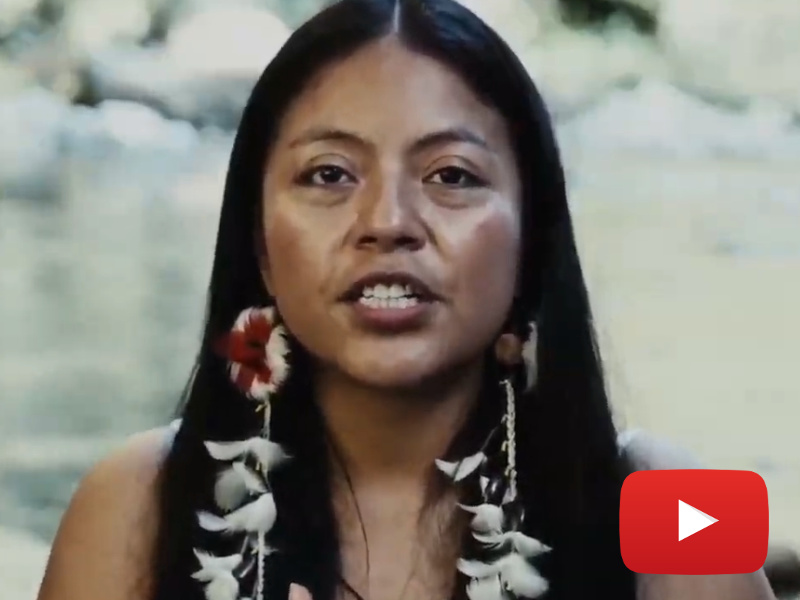Written by: Cristiano Navarro, Brasil de Fato
Translated by: Natalia Taddei
Porto Velho (RO)
Once a year, Pierre-Louis de Catheu, a farmer in the South of France, enjoys the duck-hunting season. In the last two seasons, he has had problems with his ammunition. In 2007, the European Parliament passed a law that forbids the use of lead in duck hunting due to the possible toxicity to rivers and lakes. Due to this, Pierre-Louis and other European hunters have been having a hard time finding alternative ammunition of the same caliber and precision.
Unlike the concerns of the European Union, during the 1980’s and 1990’s, a gold rush attracted thousands of artisan miners from all over Brazil to Rondônia. The dredges of the hundreds of garimpos, small-scale gold mines, were established along the banks of the Madeira River to extract dozens of tons of the precious metal.
Nowadays, the metal is not so abundant and small-scale gold mining is a rare activity in the region. A few persistent artisan miners and artificial lakes are the only remainders of the golden years. On the bottom of these lakes lies a grave danger. For each gram of gold extracted in the mining process one gram of mercury has been deposited. After these areas are flooded, the mercury will spread and contaminate fish and the ground water, Porto Velho’s source of potable water.
Lead there, mercury here
Pierre-Louis’ son Doctor Gilles de Catheu, a French general practitioner and activist of the Conselho Indigenista Missionário who has followed up the health situation and the mortality in the indigenous population of Guajará Mirim since 1984, denounces: “Mercury is a toxic metal that can cause severe health damage, and the contamination of the river has caused severe illness in the indigenous population.”
Gilles regrets that the European investors who will exploit the energy produced by the Madeira River are not as environmentally aware as the European Parliament.
Gilles bases his denunciation on a study by Elisabeth C. Oliveira Santos, Fernanda Sagica, Edilson da Silva Brabo, Edvaldo Carlos Brito Loureiro, Iracina Maura de Jesus and Kleber Fayal, from Instituto Evandro Chagas, and Volney de Magalhães Câmara, from Universidade Federal do Rio de Janeiro published by Fundação Oswaldo Cruz in 2003.
The study revealed high mercury concentration values in the hair samples of 910 subjects of the Paakasnova indigenous people and a level of 8,37 µg/g, well above the 6 µg/g determined by the World Health Organization as the exposure indicator.
Since the Pakaasnovas inhabit the Madeira River basin, the study concludes that the source of contamination is in the main component of their diet: fish. The study also shows that deforestation contributes to mercury contamination of aquatic ecosystems.
Gilles says that “until the end of the 1980’s, it wasn’t common to hear about any type of cancer or neurological problems. From that point on, cancer cases increased a lot.”
For years the doctor has insisted that the National Heath Foundation (Funasa) collected samples and tested indigenous patients for mercury levels. “There was no cancer before mercury. In the region, there is no industry, no pollution, and, apart from the poisoned fish, the indigenous diet is good. Therefore, there is no other cause for illness,” says Gilles. The Cimi activist adds: “an unprecedented catastrophe is about to happen, not only for the indigenous peoples, but for all the population in the region, since contaminated fish can migrate thousands of kilometers, crossing state and country borders.” (CN)













